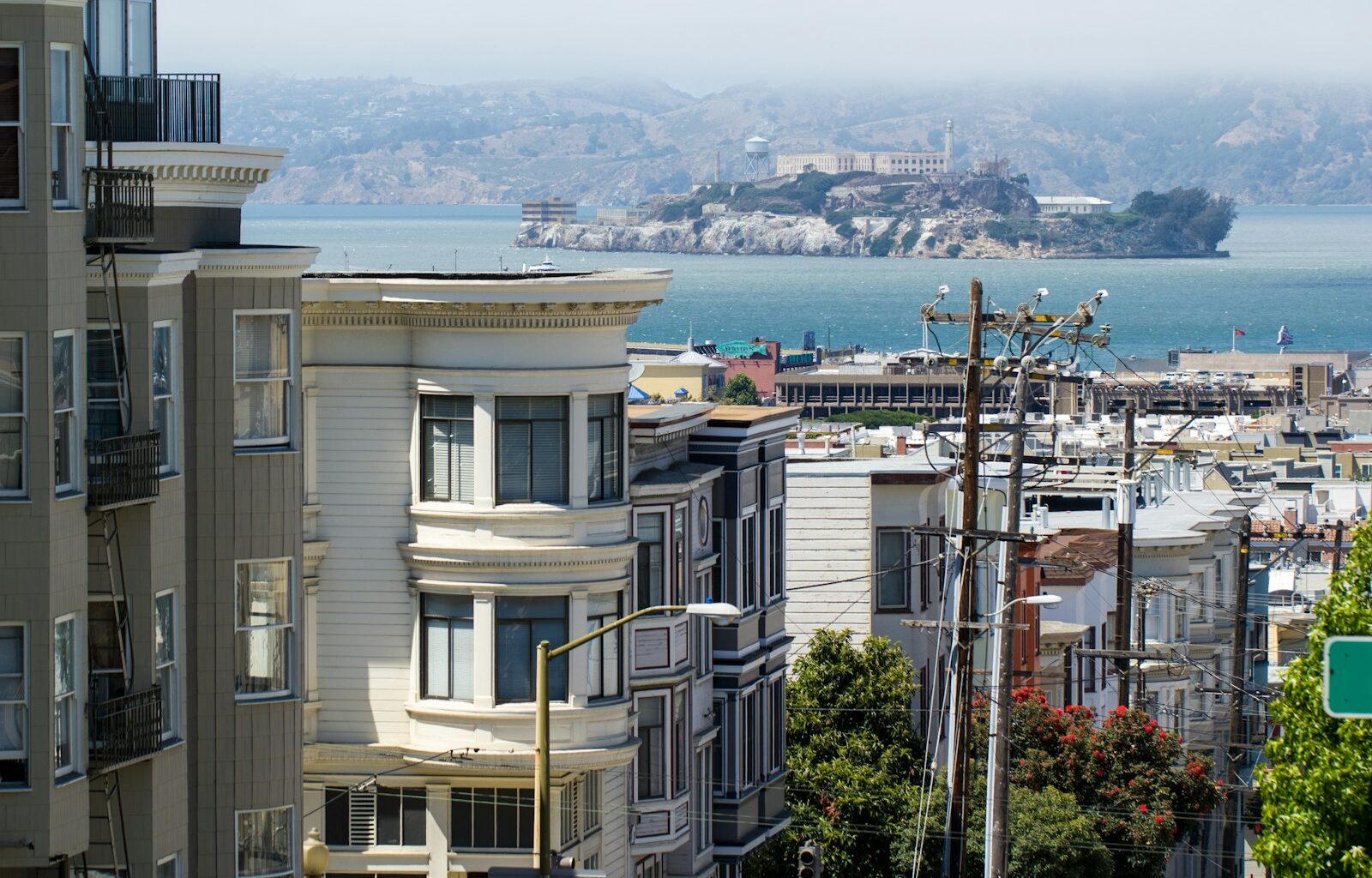Viewpoints
Some leading consultants are telling their owners with California properties to pause on deploying bulk internet. It’s just the beginning.
By: Bryan J. Rader, President of MDU, Pavlov Media
Earlier this month, California Governor Gavin Newsom signed Assembly Bill 1414 into law affecting all California renters beginning in January. This will now allow apartment residents to “opt out” of their bulk internet services provided by their property owners.
This law was presented to statewide politicians as another way to improve “affordability” for its voters. No longer will a renter have to accept the internet offered in their community.
Sounds like a great idea, right?
Yeah, it’s a terrible one, and California will eventually see that it has the exact opposite effect of its intentions.
Life before bulk
Before bulk internet was popularized about 10+ years ago, there were generally only two or three internet service providers (ISPs) interested in serving apartment residents. This included the incumbent cable companies using thirty-year-old coax, or the phone company squeezing every bit of bandwidth it could from Ma Bell’s old lines.
In some markets, we also saw fiber overbuilders too, with many of them entering bulk agreements in return for the investment in new wiring. And yes, there was also fixed wireless, although service was very limited and ineffective without bulk internet.
So, what happened? There was limited to no competition, annual price increases upwards of 5 to 10% a year, and no service standards or performance clauses. Meanwhile, new fees appeared — equipment rental fees, infrastructure fees, wiring maintenance fees — and customer dissatisfaction soared.
When the multifamily dwelling unit (MDU) industry began leveraging bulk internet to address the most important amenity it offered (according to every single industry survey over the past dozen years), it brought hundreds of new ISPs into the fold, offering managed Wi-Fi and fiber connections at very competitive and below-retail price points.
Apartments experienced a renaissance of new wiring upgrades and connectivity that provided always-on, seamless internet throughout the entire community and amenity spaces.
Many owners charge their residents a technology fee, but we saw rates that were generally below market. And there were other benefits: no install fee, no equipment rental fee, no deposit charged, and no credit check or contract. The service was on when you signed your lease.
And a lot of owners did not even charge for this service by including it in their rent. In fact, in most low-income communities it is offered at no charge.
New law may cause providers to “opt out” of California
So, now the state of California has decided it knows better and will address the “affordability problem” by allowing residents to opt out. This will eventually negate the whole point of bulk!
Bulk internet is designed to cover 100% of the apartment homes, as well as all of the common areas and amenities. Everyone benefits, and every renter gets to enjoy the connectivity wherever they go on site….at a discount.
Bulk internet requires 100% of the units to participate. And the network is designed to be the property’s backbone for so many other services, such as digital door locks, safety features, and thermostat controls to name a few. “Opt-out” essentially kills the ability to offer all of these community services.
We met with the FCC last year and made many of the same arguments. One of our California advocates recently told the Governor’s office that “she couldn’t opt out of paying for the fitness center, or the swimming pool.”
“How can residents pick and choose which amenities they want to pay for?” she asked.
Her view was that if a resident wanted choice, they could choose to live somewhere else.
Now, some leading consultants are telling their owners with California properties to pause on deploying bulk internet. And this is just the beginning. I suspect many of the MDU-focused ISPs will reconsider entering the California market at all.
This means its residents will end up where they were ten to 15 years ago – with two incumbents and much higher prices than the rest of the U.S.
Oh wait….it sounds like the same outcome California has had with gasoline prices.
Assembly Bill 1414 was clearly the wrong idea.
Bryan J. Rader is President of MDU for Pavlov Media.


